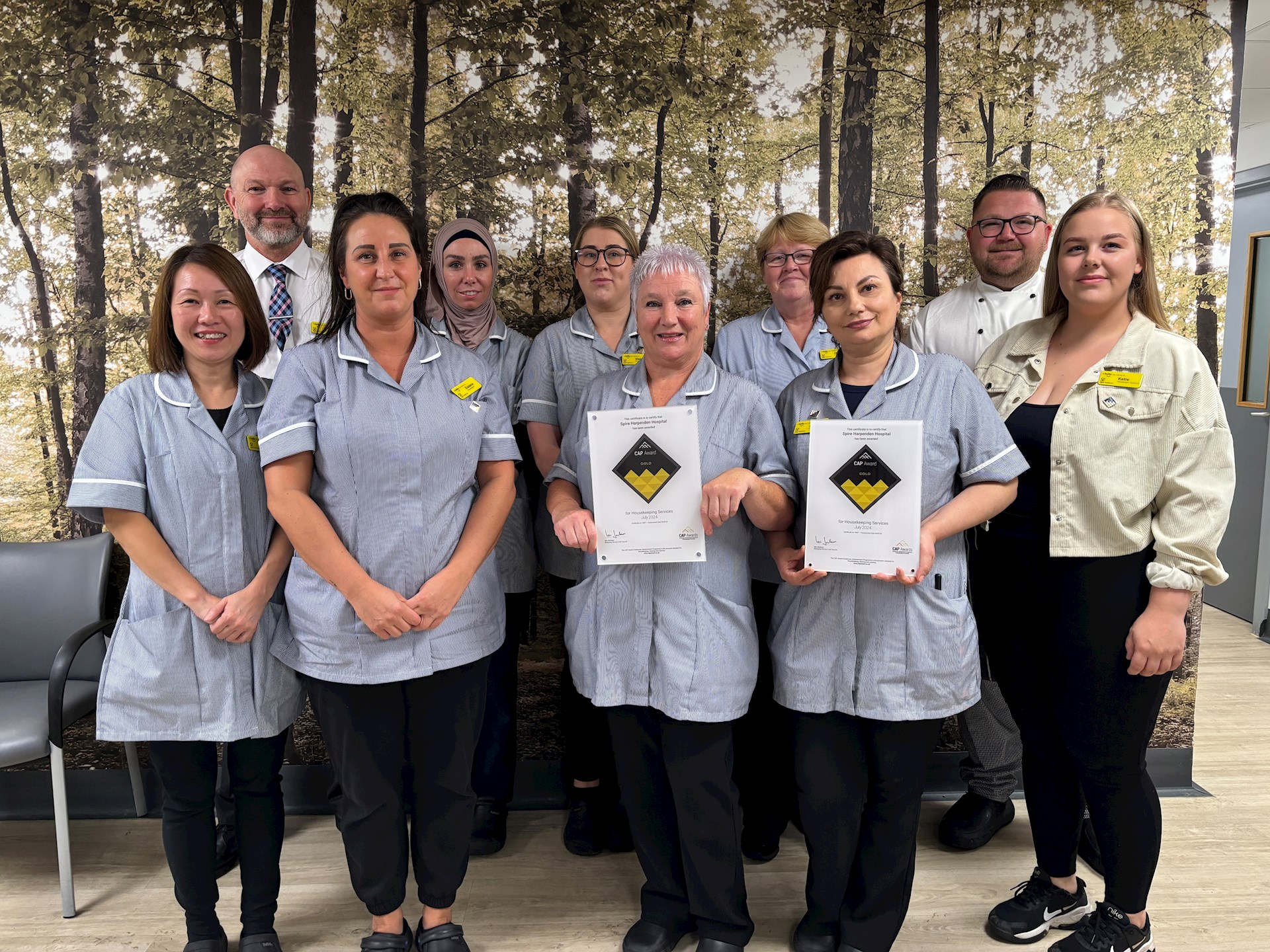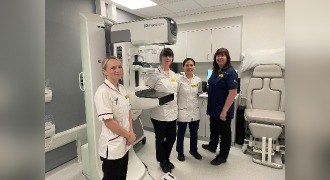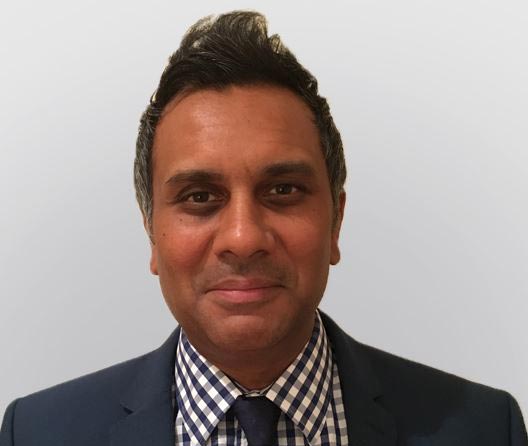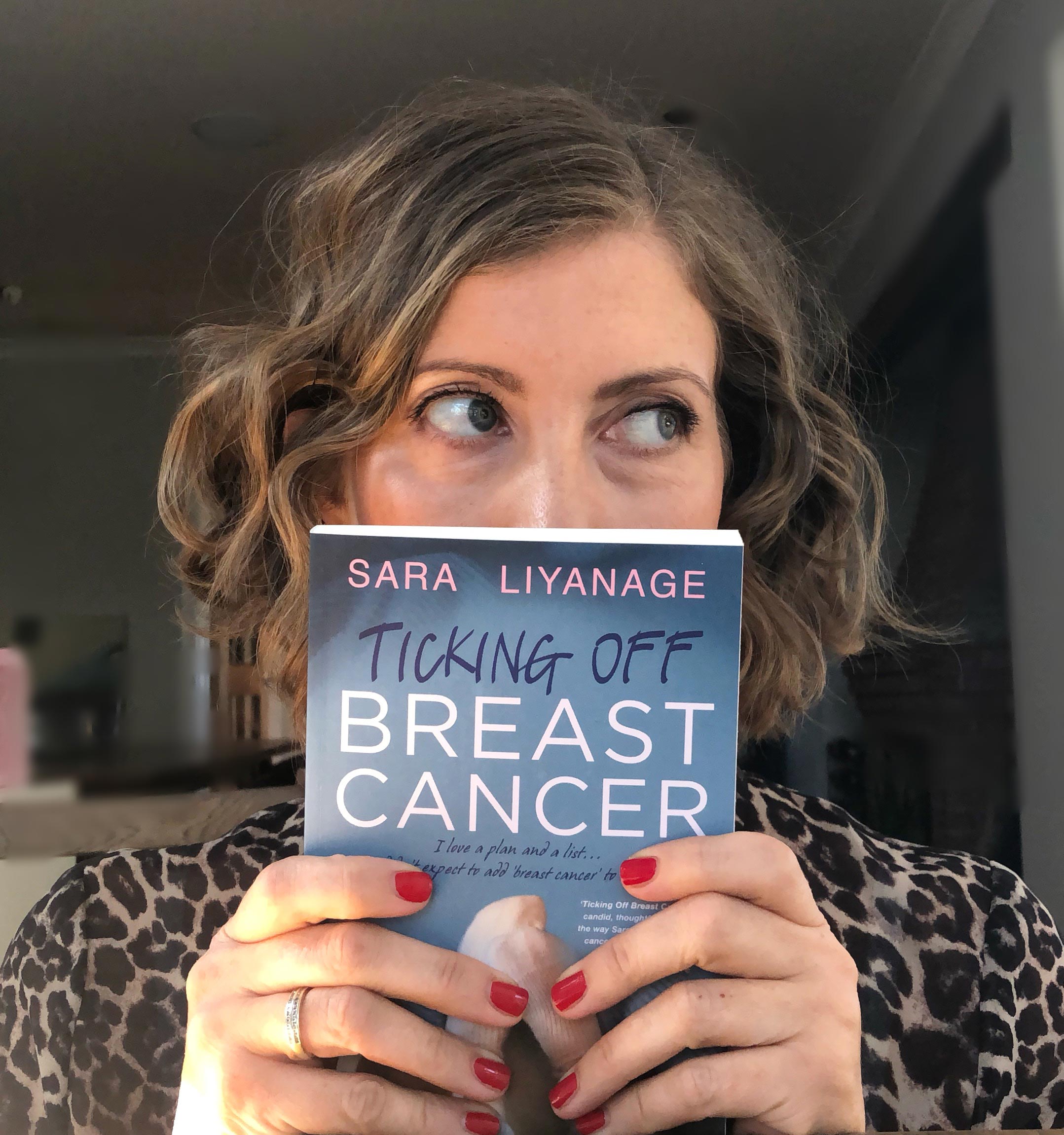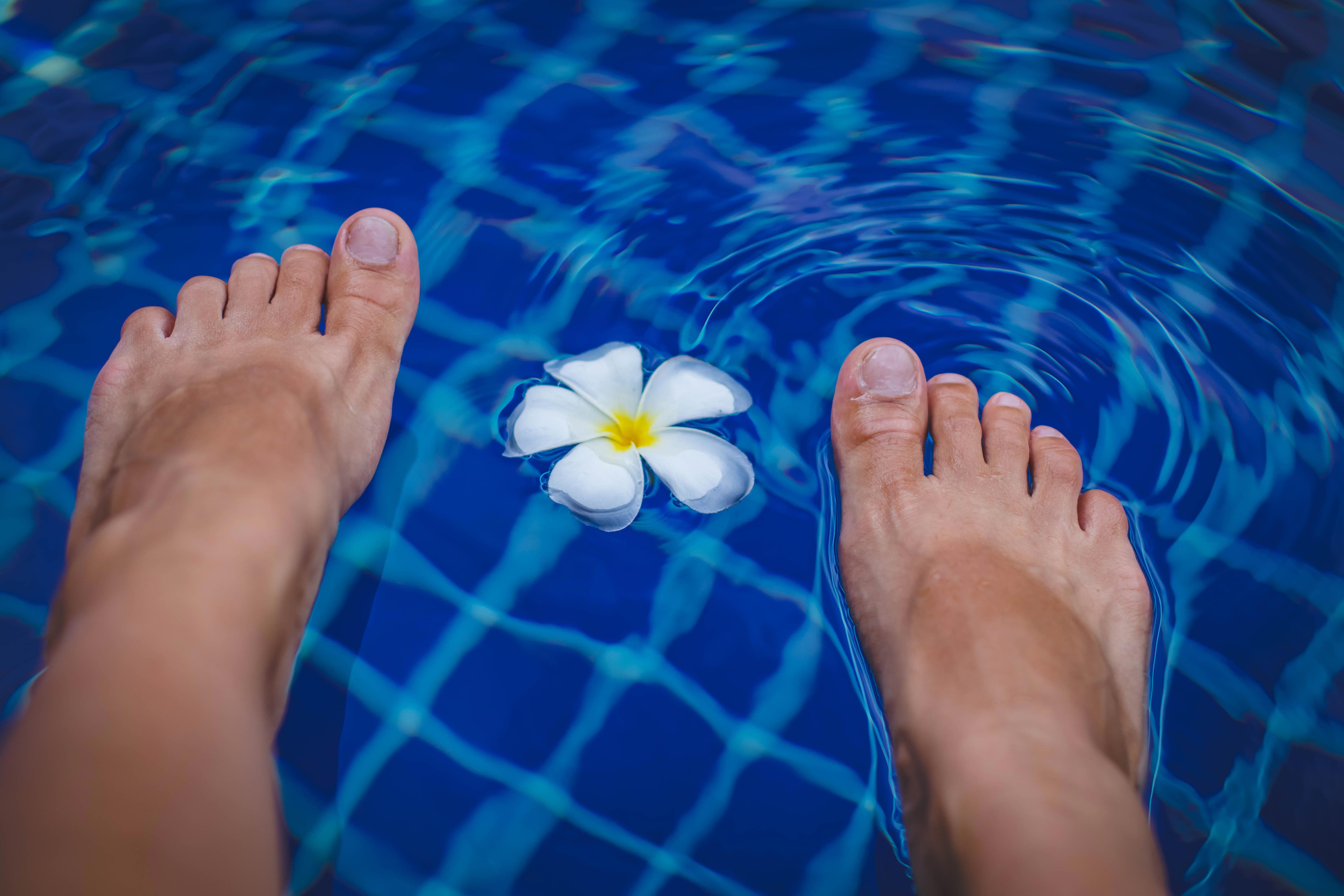Spire Harpenden installs over 600 solar panels
11 February 2025
Spire Harpenden Hospital has just completed the installation of 606 number solar panels, as part of a major carbon reduction programme at the hospital. The panels are expected to generate approximately 70% of the hospital’s annual electrical needs and reduce the overall carbon output of the hospital by 44 tonnes per year.



